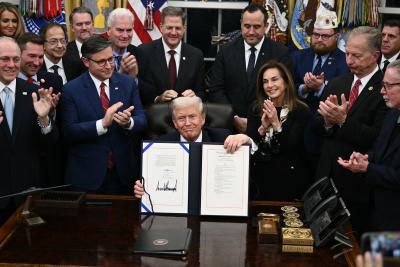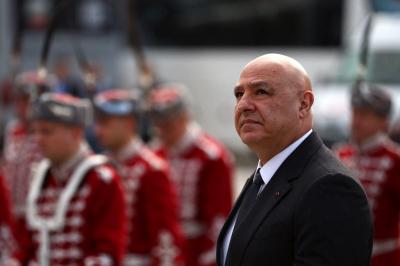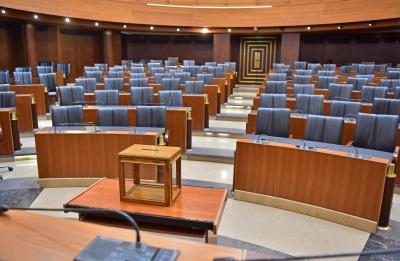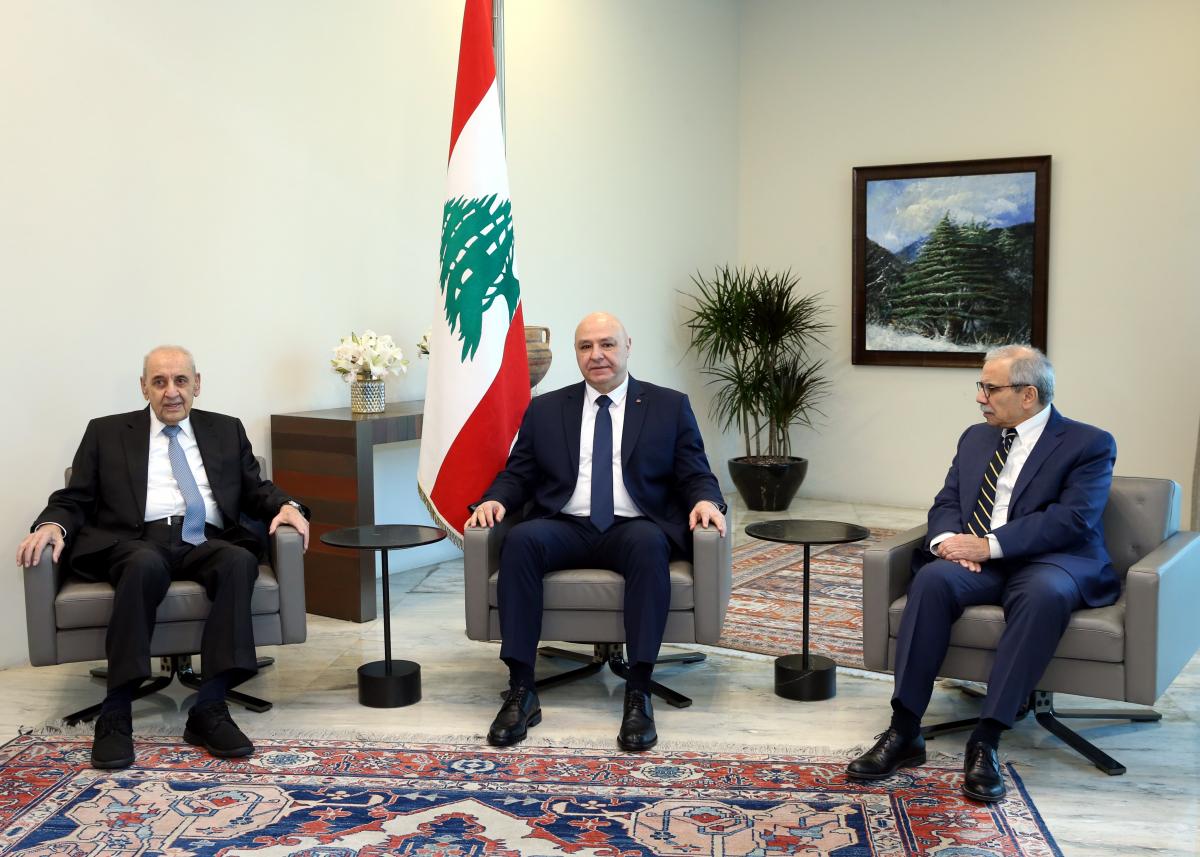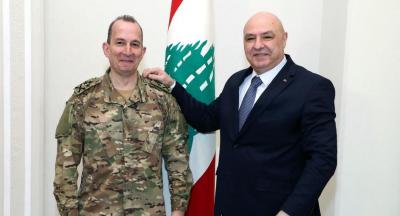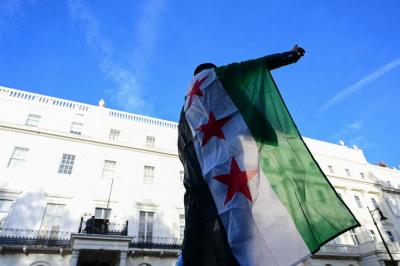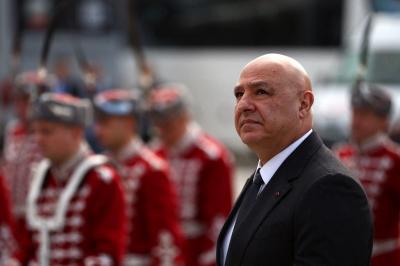The “Troika” formula, introduced in Lebanon after the Taif Agreement, was an unwritten rule devised by the Syrian occupation as a tool to manage power. It allowed Damascus to dictate the balance between the president, the prime minister, and the speaker of parliament. In practice, it became a backroom arrangement for appointments, budget-making, foreign policy, and Lebanon’s international relations, all under Syrian tutelage.
It also represented a flagrant violation of the Taif spirit. By breaching the principle of “separation of powers” and giving Speaker Nabih Berri a decision-making role in the executive branch far beyond his constitutional mandate, Syria paved the way for the rise of “political Shiism” and its grip on the country after the Syrian army’s withdrawal on April 26, 2005. The formula effectively turned Lebanon’s decision-making into a three-way pact under Syrian oversight, rather than a constitutional balance of power.
During the extended nine-year term of President Elias Hrawi, “the Troika” reached its peak, buoyed by his alignment with Berri and Prime Minister Rafic Hariri. Under his successor, Emile Lahoud—whose presidency was also extended nine years—the arrangement morphed into an arena of conflict between Lahoud, backed by Syria, and Hariri, a struggle that culminated in Hariri’s assassination on February 14, 2005. All along, the Troika remained an outright violation of Lebanon’s constitution, which stipulates that executive authority lies with the Council of Ministers as a body, entrusted with setting the nation’s general policy and ensuring its implementation under the law.
As the Lebanese saying goes, “A bankrupt man rummages through his grandfather’s old notebooks.” This was the case in recent weeks when the Shiite “duo” attempted to resurrect the Troika as a way of dodging serious, time-bound negotiations on "Hezbollah"’s arsenal. They exploited the direct talks President Joseph Aoun was holding with the party—talks that yielded little progress—and sought to leverage fears of paralyzing the cabinet or sparking civil war.
This embryonic “Troika,” floated in discussions between Aoun, Prime Minister Nawaf Salam, and Speaker Berri—who acted as "Hezbollah"’s conduit—prompted Lebanese Forces leader Samir Geagea to sound the alarm. In a statement issued on July 6, 2025, he asked: “Are we back to Assad’s ‘Troika’ invention? Who is negotiating now? Has the Lebanese state been reduced to waiting for "Hezbollah"’s word, when it should be the other way around—"Hezbollah" waiting for the government’s decision?”
Warning that anyone squandering this opportunity would bear grave responsibility before the Lebanese people and before history, Geagea urged the government to convene immediately and prepare a unified national response to the U.S. proposal—one that would secure, in substance and not rhetoric, Israel’s withdrawal from Lebanese territory, end its aggressions, and establish a real state capable of safeguarding the Lebanese and their children’s future. He called on leaders to “stop gambling with Lebanon’s fate just to strengthen Iran’s hand in upcoming international negotiations.”
Geagea’s stance, echoed by other sovereignist forces, provoked Prime Minister Salam, who rejected any return to the Troika, calling it a dilution of executive authority. His position also revealed "Hezbollah"’s attempt to exploit Aoun’s eagerness to accommodate the party and its base. It coincided with international warnings against squandering this moment or responding with cosmetic statements devoid of substance.
The turning point came at the cabinet session on August 5, 2025, dedicated to "Hezbollah"’s arms and the U.S. proposals. Coinciding with a defiant speech by "Hezbollah" deputy leader Sheikh Naim Qassem—who reaffirmed the party’s commitment to keeping its weapons—the government adopted historic decisions. It set the end of the year as the deadline for dismantling "Hezbollah"’s arsenal and tasked the Lebanese Army with presenting concrete steps by the end of August. With that, the Troika was effectively aborted, and authority was restored to the Council of Ministers, chaired that day by President Aoun.
In a televised interview with Al Arabiya on August 17, Aoun confirmed the shift, declaring that the U.S. paper had become a Lebanese paper, as Beirut had refrained from appending reservations. He explained the choice bluntly: “Either we approve the paper and demand international support to secure Israel’s compliance, or we reject it and face escalated attacks and economic isolation.” His remarks underscored Lebanon’s final break with the Troika and a return to constitutional governance.
Aoun’s statements also countered Iranian threats and "Hezbollah"’s rhetoric against the cabinet’s August 5 decision. He insisted that "Hezbollah"’s weapons are a domestic matter to be handled by constitutional institutions, while affirming openness to any discussion “under the roof of the state.”
Even Speaker Nabih Berri, in his own remarks to Al Arabiya, acknowledged the Troika’s demise. By calling for dialogue on the government’s disarmament decision—while insisting it could not be implemented “as proposed”—he implicitly conceded that the Troika’s days were over, though his position remained a transparent bid to evade the core issue: surrendering "Hezbollah"’s arms.
With the Troika buried, Lebanon now enters a new phase of reclaiming state sovereignty, dismantling pseudo-traditions imposed by the Shiite duo, and breaking free from distortions such as their self-serving interpretation of “consociationalism.” This marks the labor pains of closing the pre- “al-Aqsa Flood” chapter and liberating Lebanon from the decomposing body of the so-called “axis of resistance.”
The page must be turned.
Please post your comments on:
[email protected]
 Politics
Politics


